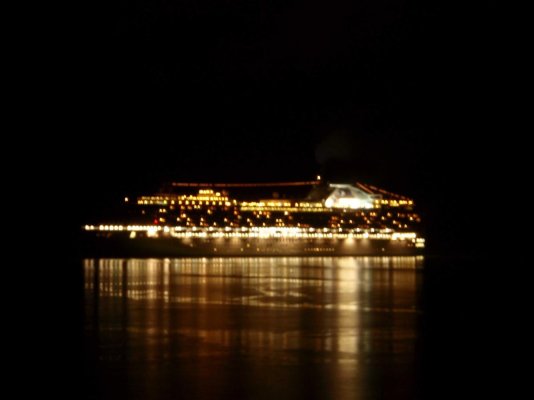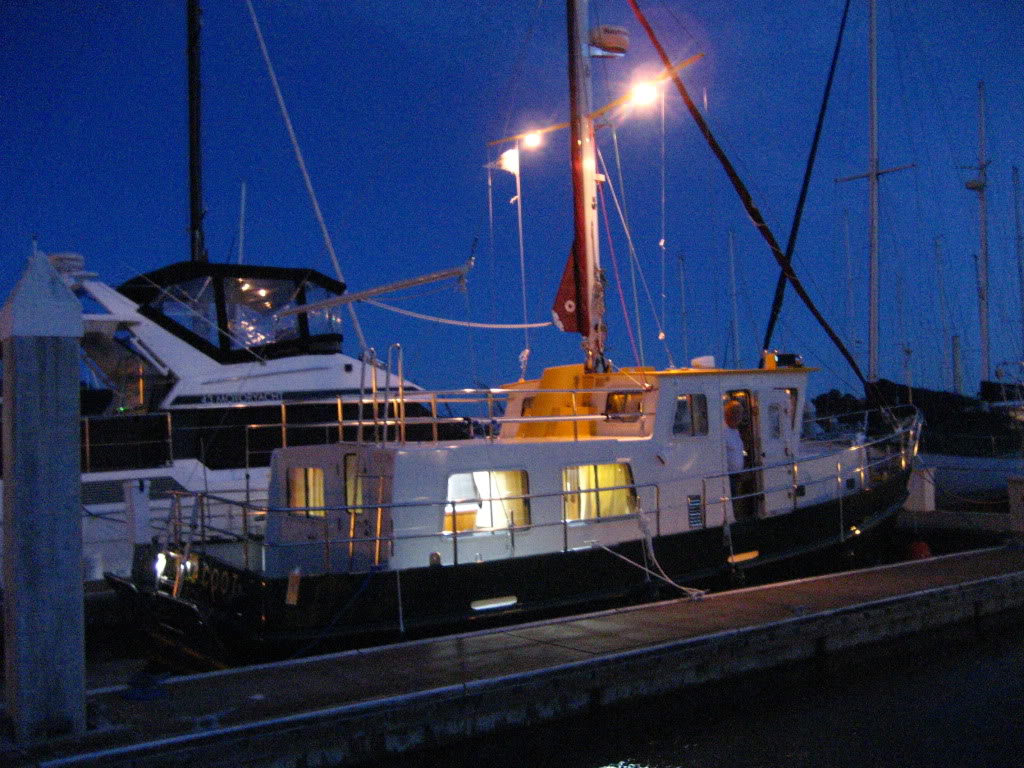markpierce
Master and Commander
- Joined
- Sep 25, 2010
- Messages
- 12,557
- Location
- USA
- Vessel Name
- Carquinez Coot
- Vessel Make
- penultimate Seahorse Marine Coot hull #6
I can tell you with certainty that running with any lights other than nav lights on more than intermittantly will get you stopped and a citation from one of the many law enforcement agencies on the water
You are mistaken, as long as those lights aren't mistaken for navigational/running lights. The usual deck and interior-but-visible lights are allowed.





